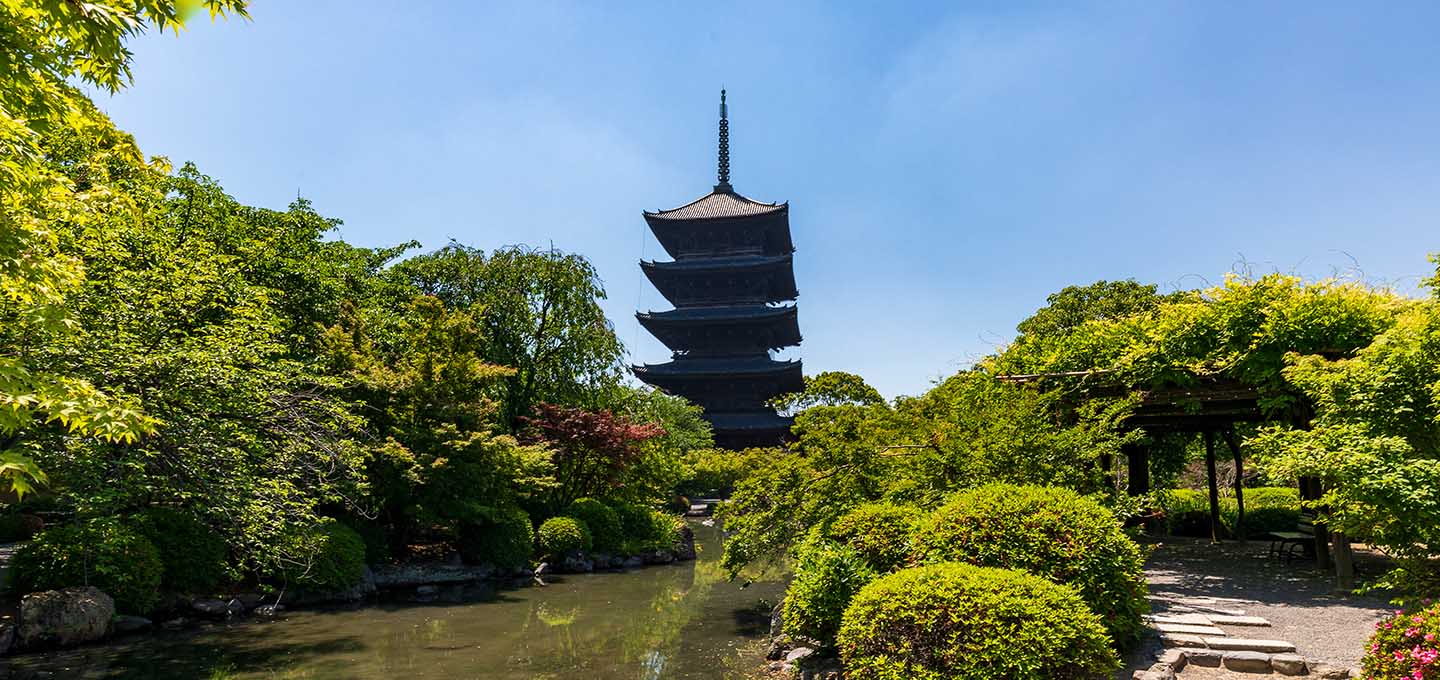
Special Experience
Kyoto
Exclusive Private Tour of Toji Temple, a World Heritage Site, with a Monk—Includes Sutra Copying and Goshuin Stamp
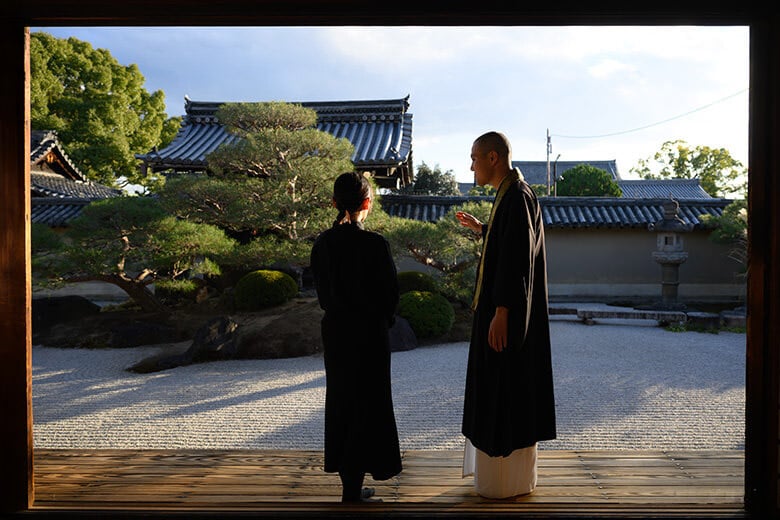
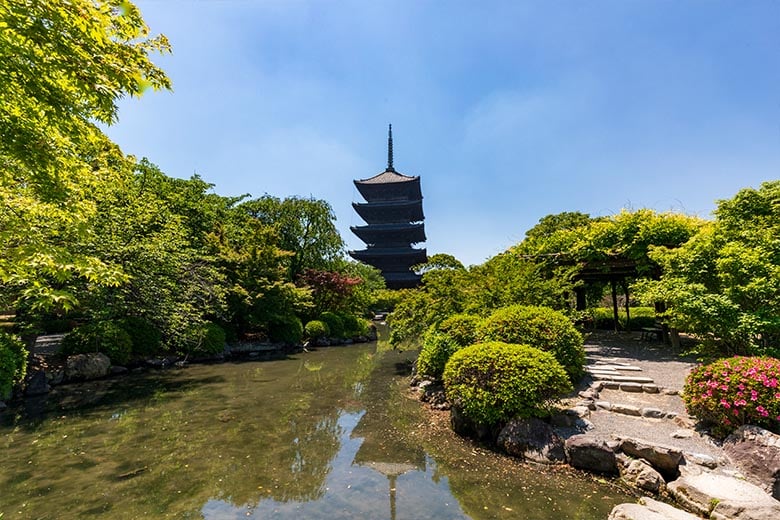
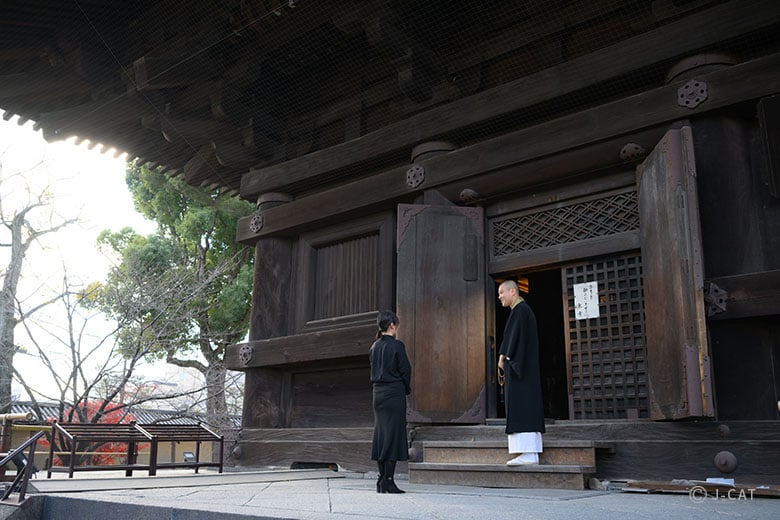
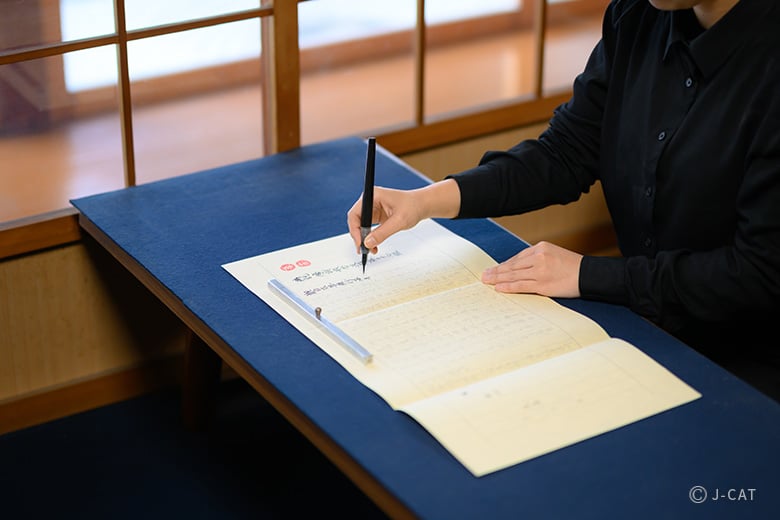
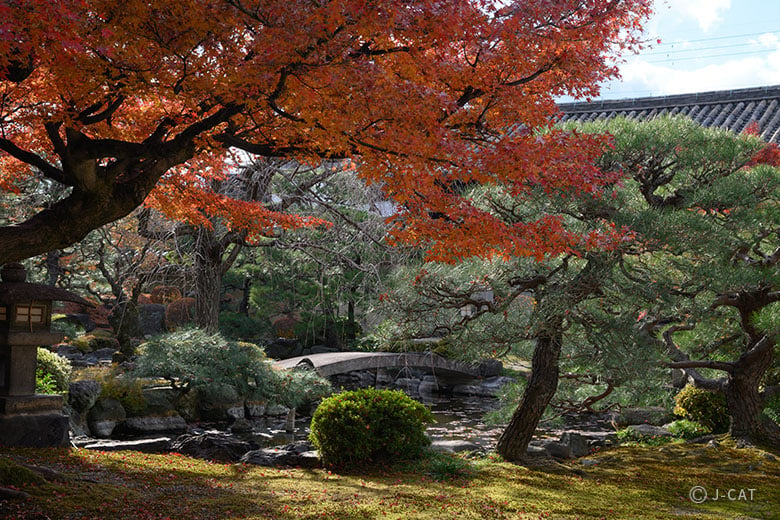
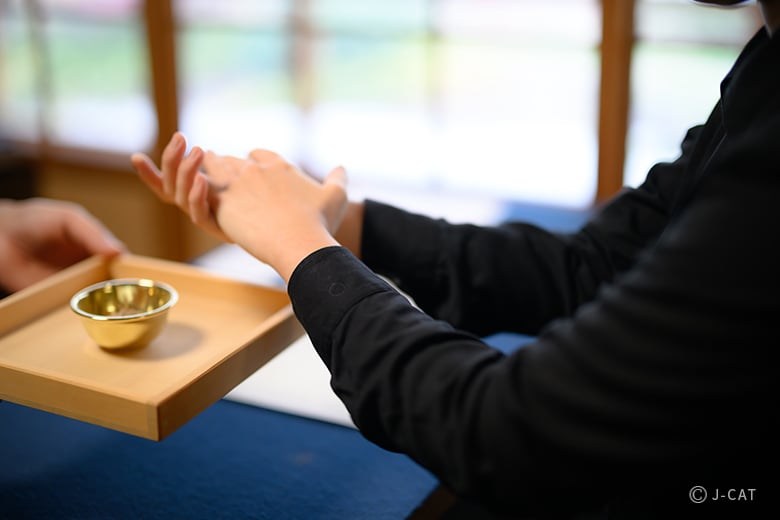
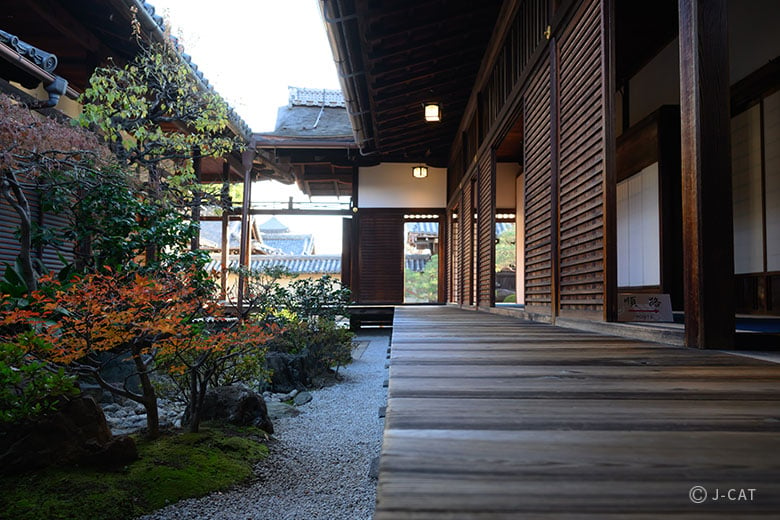
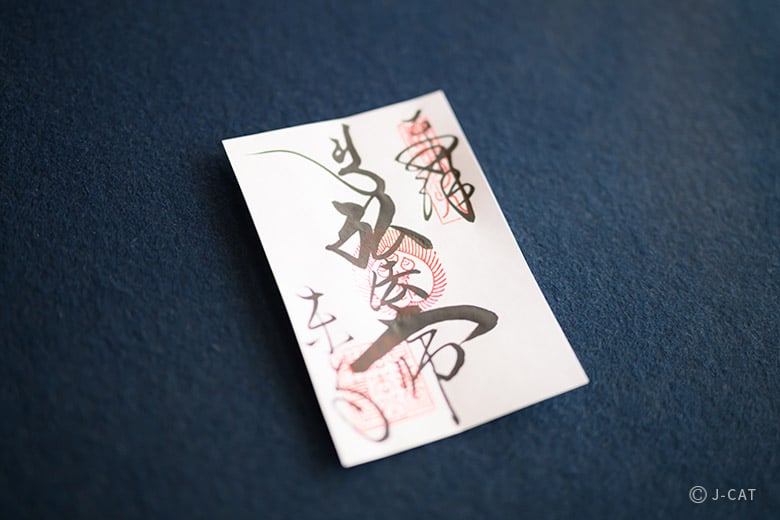
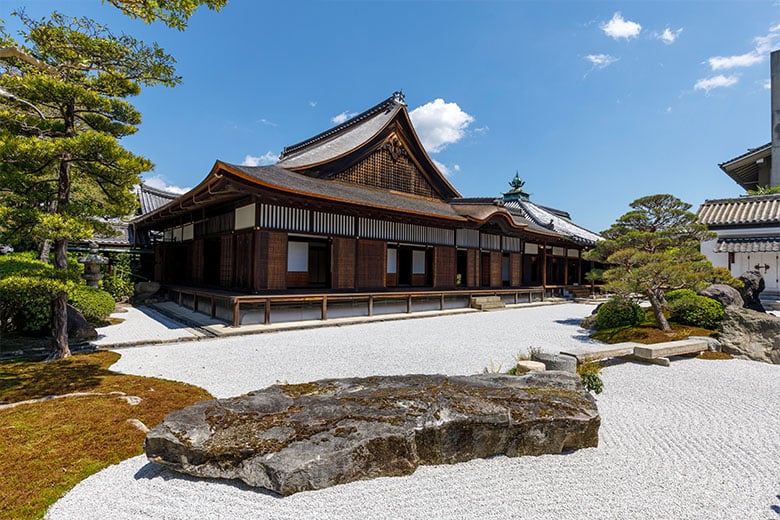
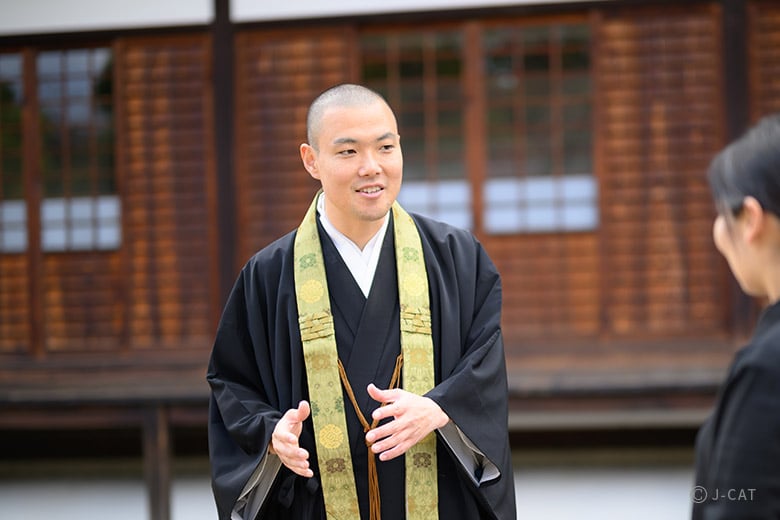
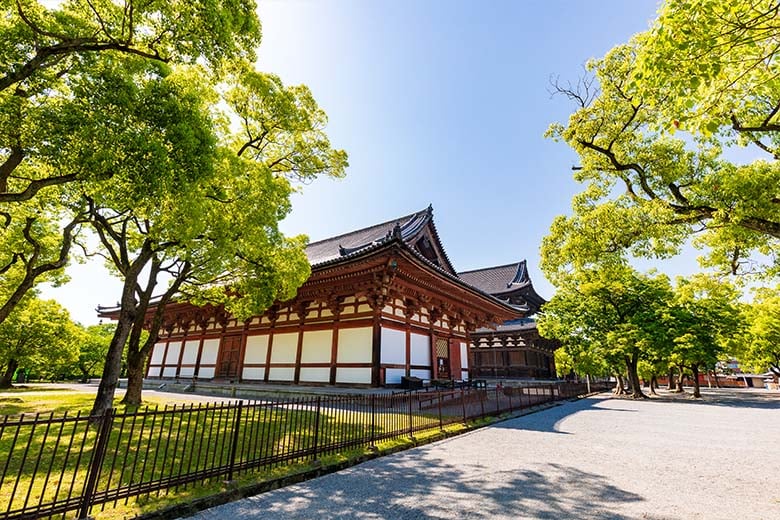
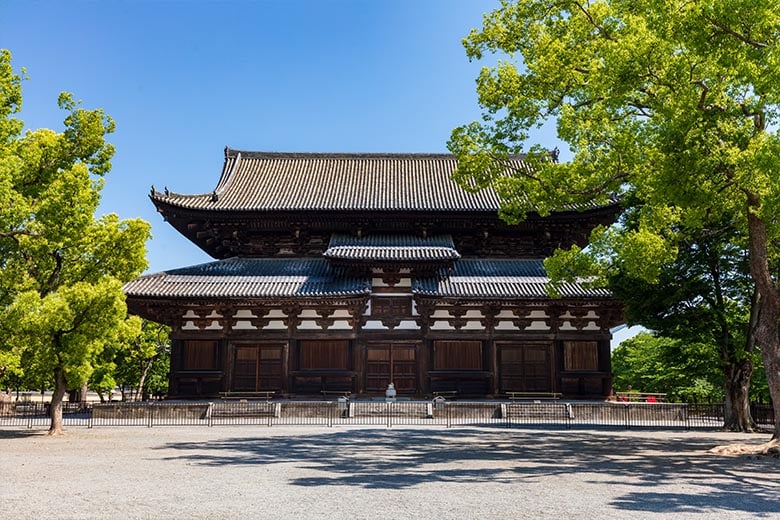
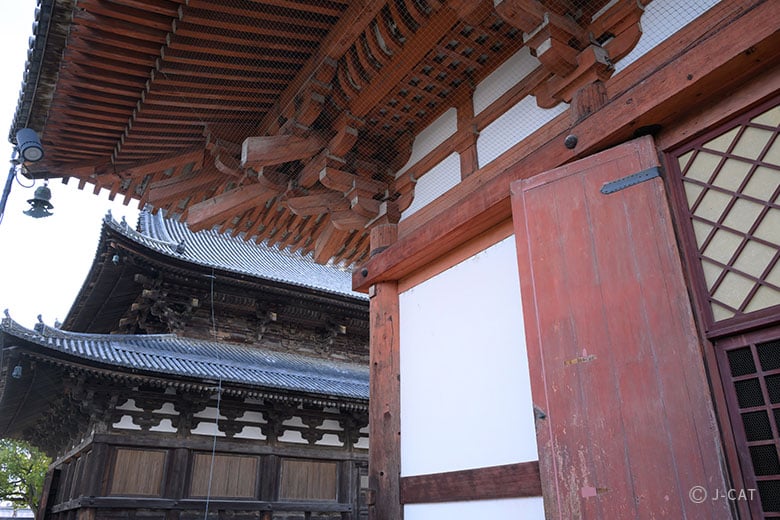
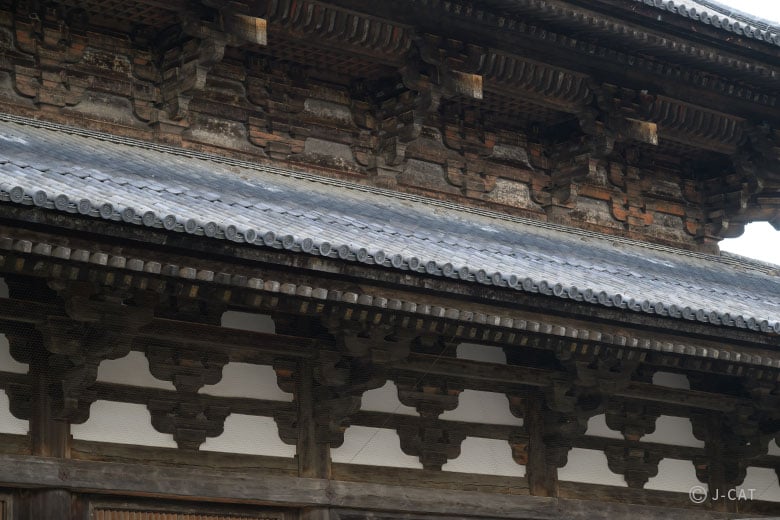
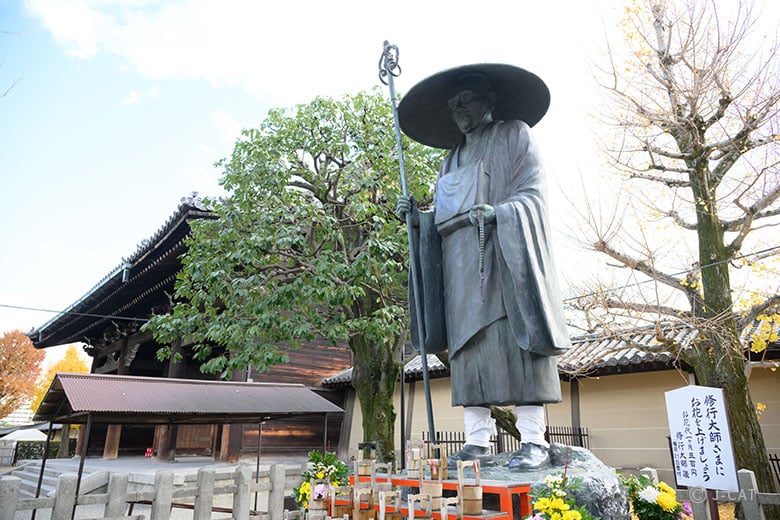
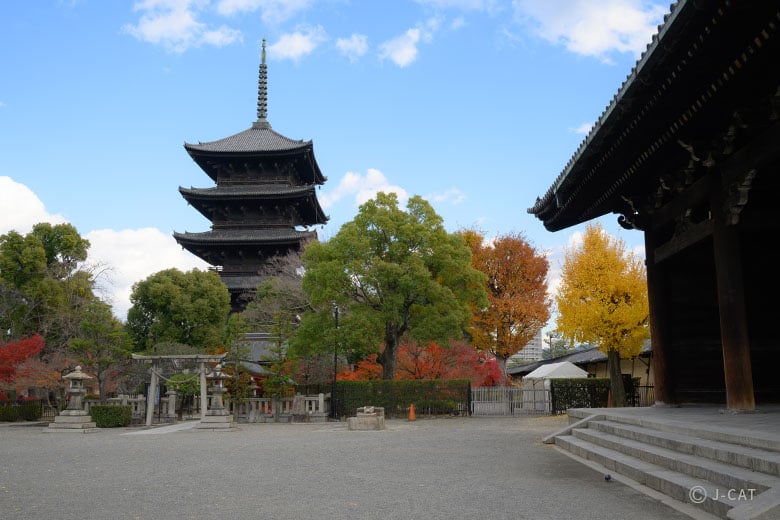
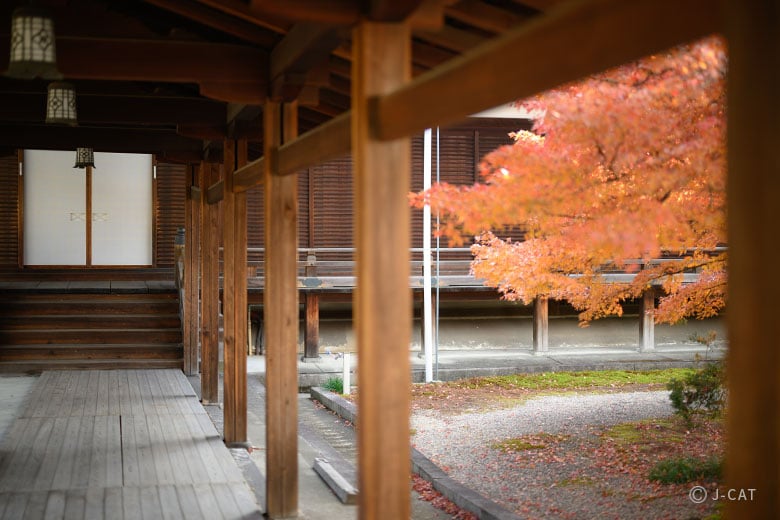

















Overview
Toji Temple in Kyoto is a World Heritage site with over 1,200 years of history. In this Wabunka exclusive experience, enjoy a special visit to the temple and its subtemple, Kanchi-in, with commentary from a monk and a sutra copying session. You'll also get access to areas usually closed to the public, like the first floor of its five-story pagoda, a national treasure, and the Shoshibo room with paintings by Insho Domoto. After the tour, learn incense application etiquette at Kanchi-in and calm your mind while copying sutras.
Key Features
・Guided tour of Toji Temple and Kanchi-in, a World Heritage Site, with commentary from a monk, learning about Kobo Daishi Kukai and Shingon Buddhism
・Special access to the first floor of the five-story pagoda and the usually off-limits Shoshibo room, featuring murals and sliding door
・Exclusive experience with a monk at Kanchi-in, including incense etiquette, sutra copying, and a limited goshuin stamp (shrine and temple stamp)
Please note that some areas will be open to the general public from October 25 to December 14.
During this period, other visitors may be present during your visit. Thank you for your understanding.
Kyoto
120mins
from ¥31,000 /person
1 - 12 participants
Available in English
Cancel free up to 4 days prior
Details
Toji Temple, Japan’s First Esoteric Buddhist Temple
Founded in 796, just two years after the capital moved to Heian-kyo (present day Kyoto), Toji Temple is the only surviving structure from the Heian period. Designated a World Heritage Site in 1996, its grounds are home to architectural masterpieces, including a five-story pagoda, Japan’s tallest wooden building, and the main hall, which features Song Dynasty style. Toji Temple has significantly influenced Japanese Buddhist architecture.
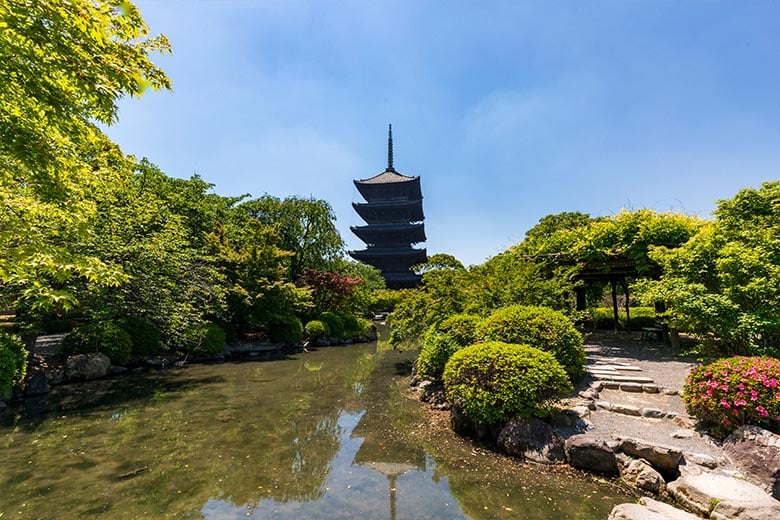
The five-story pagoda, a symbol of Kyoto
Toji Temple was founded to bring peace to the nation and later entrusted to Kobo Daishi Kukai, who studied esoteric Buddhism in China. Emperor Saga appointed him to lead the temple, making it the center of Shingon Esoteric Buddhism training. Kobo Daishi Kukai built a lecture hall at the temple’s heart and enshrined Dainichi Nyorai, the main deity of esoteric Buddhism. The temple’s three main buildings—the main hall, lecture hall, and dining hall—are arranged in a rare straight line, unique in Heian-kyo.

The lecture hall, an important cultural property, was rebuilt in 1491 during the Muromachi period. It remains in its original location, offering a glimpse of the past
A Special Tour of Toji Temple with Monk’s Commentary
This exclusive tour of Toji Temple offers a monk-led commentary as you explore the temple's key buildings: the dining hall, lecture hall, and main hall. You’ll also visit areas usually off-limits, like the first floor of the five-story pagoda and the Shoshibo, a special guest house where the emperor is welcomed. At Kanchi-in, a Shingon temple, enjoy a rare guided Wabunka exclusive tour and try incense application and sutra copying.

With the monk’s insights, you’ll gain a deeper understanding of the history of Toji Temple, which has evolved alongside Kyoto
A Special Visit Inside the Five-story Pagoda and Other Usually Off-Limit Areas
Start with an exclusive visit inside the five-story pagoda, Japan’s tallest wooden structure. While usually closed to the public, this tour gives you access to the interior, where you’ll learn how the pagoda’s design supports its height of about 55 meters, and its connection to the teachings of esoteric Buddhism brought by Kobo Daishi Kukai.

The pagoda enshrines Buddha’s relics, brought back from China by Kobo Daishi Kukai. The current structure is the fifth one, rebuilt in 1644 with Tokugawa Iemitsu’s donation
Inside, the walls and pillars feature colorful murals of the Vajrayana Mandala, Eight Great Dragon Kings, and the Shingon Patriarchs. The central pillar symbolizes Dainichi Nyorai, surrounded by Buddhas and Bodhisattvas. Feel the solemn atmosphere, typical of esoteric Buddhism.
Your guide will also lead you to other highlights, like the Great South Gate, an important cultural property, while sharing the history of Toji Temple.

The Golden Hall, a national treasure, rebuilt in 1603 during the Momoyama period
Explore Shoshibo’s Sliding Door Paintings and Gardens at Toji Temple
Next, visit Shoshibo, a private building rarely open to the public. Once a special guest house for the emperor, the current structure, rebuilt in 1934. Inside, you’ll see six rooms adorned with sliding door paintings and murals by Japanese artist Insho Domoto, exclusive to this tour.

Shoshibo, built from Kiso cypress, is typically off-limits to the public
Shoshibo’s garden, Choshin-en, designed by renowned landscape gardener Ogawa Jihei VII, offers a serene view. At the garden’s rear stands the Rengemon Gate, a national treasure, from where Kobo Daishi Kukai departed for Mount Koya. This experience allows you to enjoy the peaceful harmony of the garden and the building.

Choshin-en, designed by Ogawa Jihei VII, is integrated with the national treasure Rengemon Gate
Visit Kanchi-in and Calm Your Mind with Sutra Copying
After Toji Temple, head to Kanchi-in, a Shingon Buddhist subtemple and a place of study. The main hall houses the five great statues of Kokuzo, an important cultural property, and is revered as the Buddha of wisdom.

The front garden, redesigned in 2017 as a dry landscape garden.The design represents the infinite cosmic view of Shingon Esoteric Buddhism
The guest hall, a national treasure rebuilt during the Edo period (1600-1868), still holds Miyamoto Musashi’s paintings "Eagle" and "Bamboo Grove." In the nearby teahouse Fusenkan, you can admire valuable sliding door paintings, including those by the Kano school and "Autumn Grasses" by Nakabayashi Chikuto, a painter in the Nanga style.
(Please note that the visit route and the sliding door paintings on display may vary depending on the day’s circumstances.)
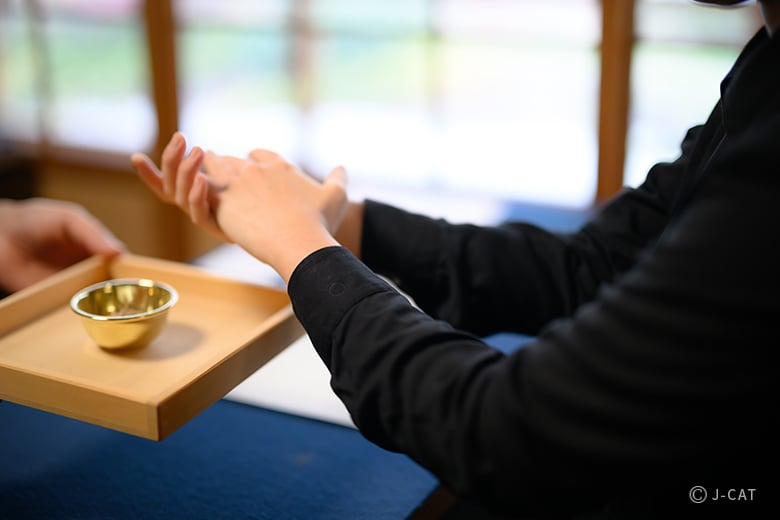
Learn to apply incense to purify your mind and body
Finish the experience by applying incense and copying sutras in a room with a snow-viewing window overlooking the garden. Incense is used in Buddhism to purify the mind and body before prayer or sutra copying. You’ll be taught the proper method, rubbing it on your hands and body, as monks do.

Feel your mind calm with each character you write in this historic space
After purifying your mind with incense, enjoy copying sutras in a peaceful, quiet setting. Choose between a short sutra or a longer one that takes about an hour. As you focus on the sutras, leave your daily life behind and return to a more mindful state, connecting with the Buddhist teachings within you.
Discover Toji Temple’s 1200-Year Legacy as the Heart of Esoteric Buddhism
After your experience, receive a Wabunka-exclusive goshuin (shrine and temple stamp) as a souvenir. You can also revisit the gardens and sliding door paintings of Kanchi-in or explore the grounds of Toji Temple at your leisure.
(The goshuin will be provided as a written document.)

Wabunka-exclusive goshuin (photo for reference only; details may vary)
Toji Temple is a beloved site and also affectionately known as "Kobo-san" during its flea markets held on the 21st of each month. Over the past 1200 years, it has been rebuilt multiple times, with monks, politicians, and ordinary people all contributing to its restoration. Why not take a moment to experience this enduring temple, a place of prayer that has not changed since the Heian-kyo era?

Kanchi-in’s "garden with four sides facing each other," features a dry landscape with geometric sand patterns that are both unique and striking.
Toji Temple

Toji Temple
Toji Temple, founded in 796 alongside Sai-ji Temple, was originally called Kyo-o-gokoku-ji and built to promote national peace. Gifted to Kobo Daishi Kukai by Emperor Saga, it became the center of Shingon Esoteric Buddhism. In 1996, Toji Temple was registered as a World Heritage Site. Known for its esoteric Buddhist art, the temple features national treasure buildings like the Kondo Hall and five-story pagoda, while the Treasure Museum holds over 25,000 national treasures and important cultural properties.
Customer's Voice
It was nice and thorough. The pacing is also good.
M.C. Hong Kong
Incredible content and wonderful interpreter. It was so incredible to witness the private history of Toji temple, the pagoda, garden, and tea rooms were spectacular. Especially during Sakura season! Certainly increased my view of Japan and made me appreciate the cultural treasures of Japan much more. Absolutely incredible, one of the greatest things we did the entire trip to Japan.
K.D. United States
Location
Toji Temple
Minami Ward, Kyoto
Request for booking
Select first preferred date (JST)
February 2026
Sun
Mon
Tue
Wed
Thu
Fri
Sat
Instant Booking
Request Booking

17
Full

17
Unavailable
- Instant Booking: Your reservation is confirmed immediately upon payment.
- Request Booking: You will receive confirmation after the host reviews your request.
Kyoto
120mins
from ¥31,000 /person
1 - 12 participants
Available in English
Cancel free up to 4 days prior
Things to know
Contact Us
If you have any questions, please contact us using the form below.
We also accept bookings from corporate clients and travel agencies.